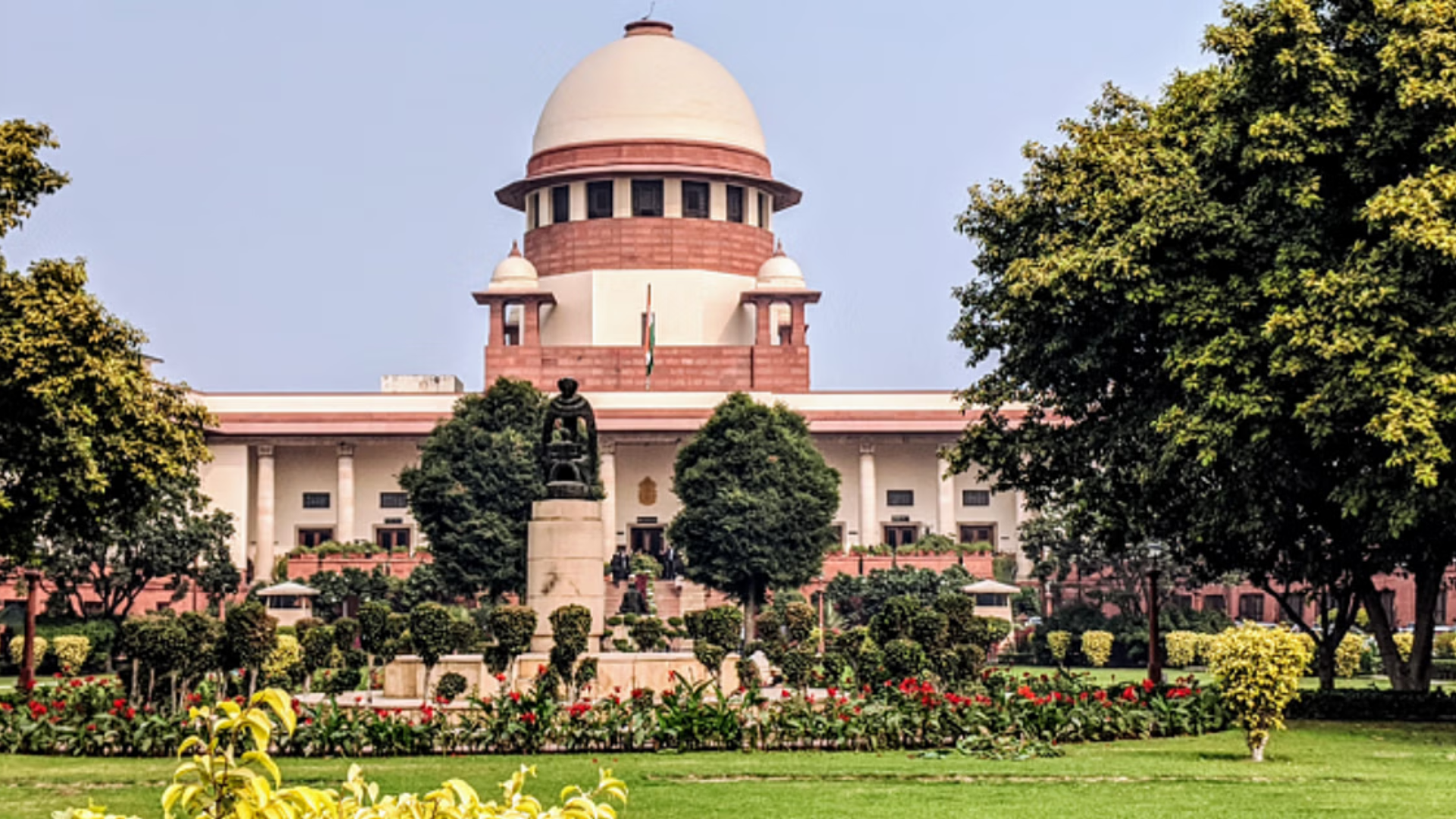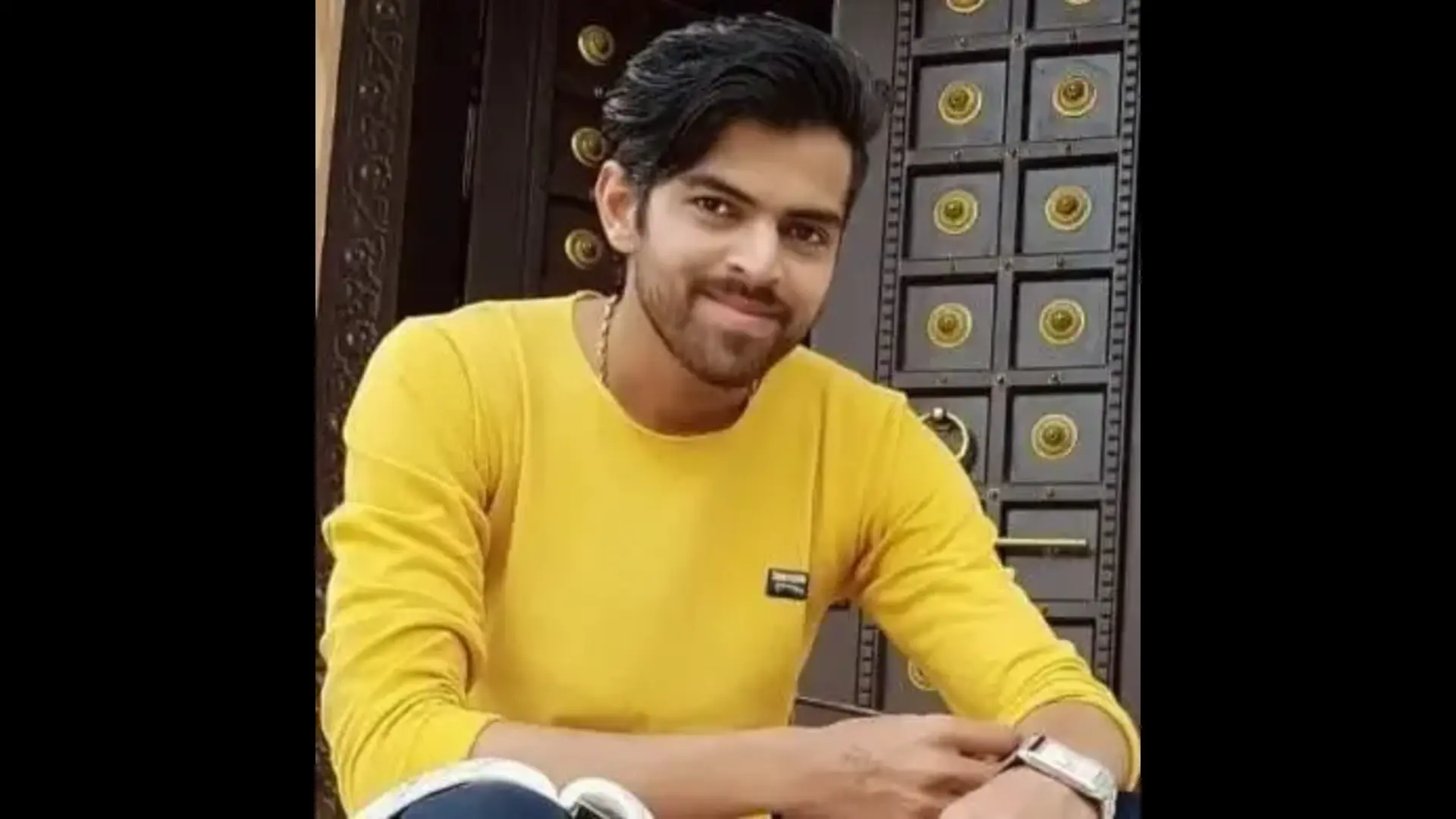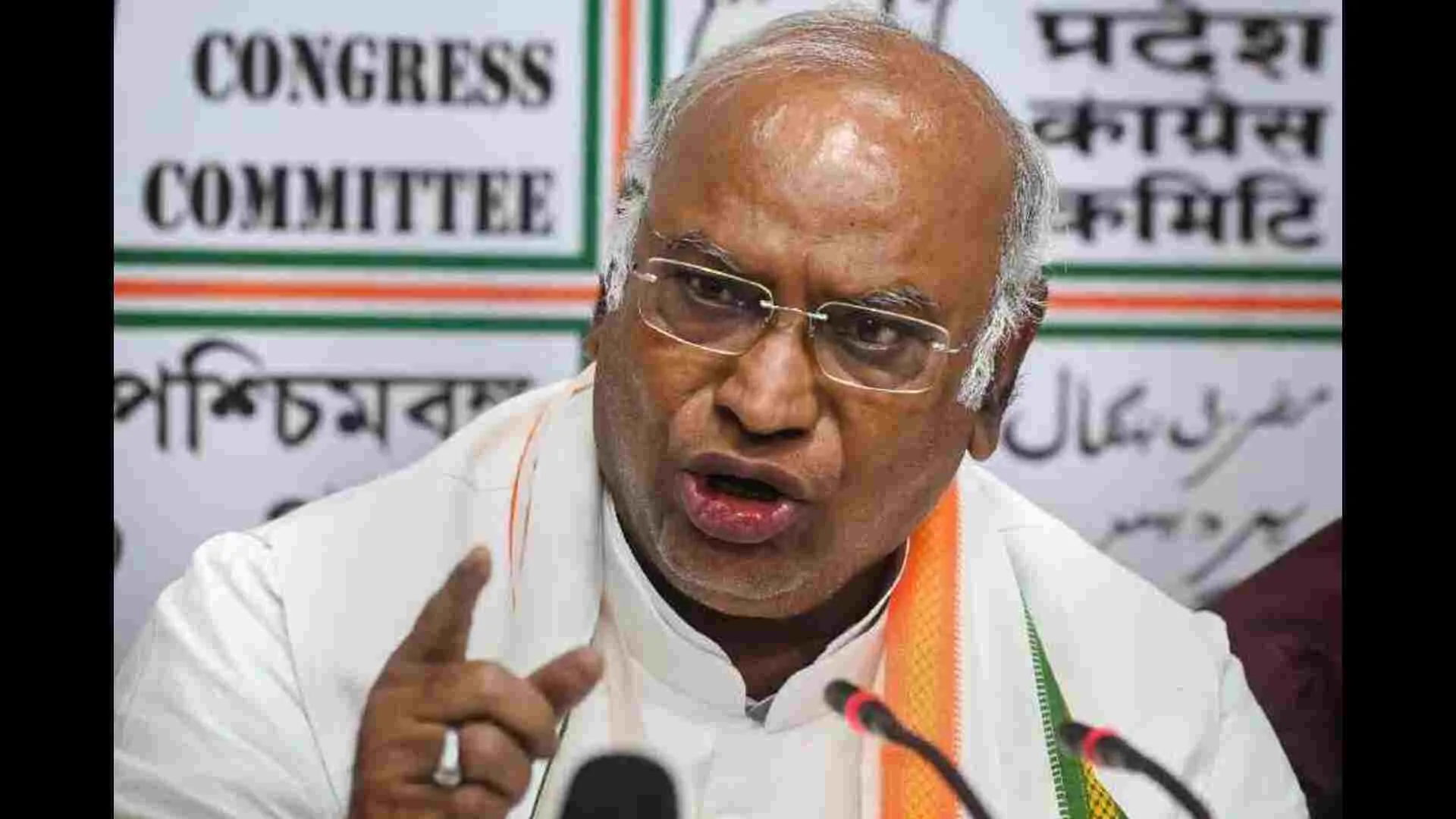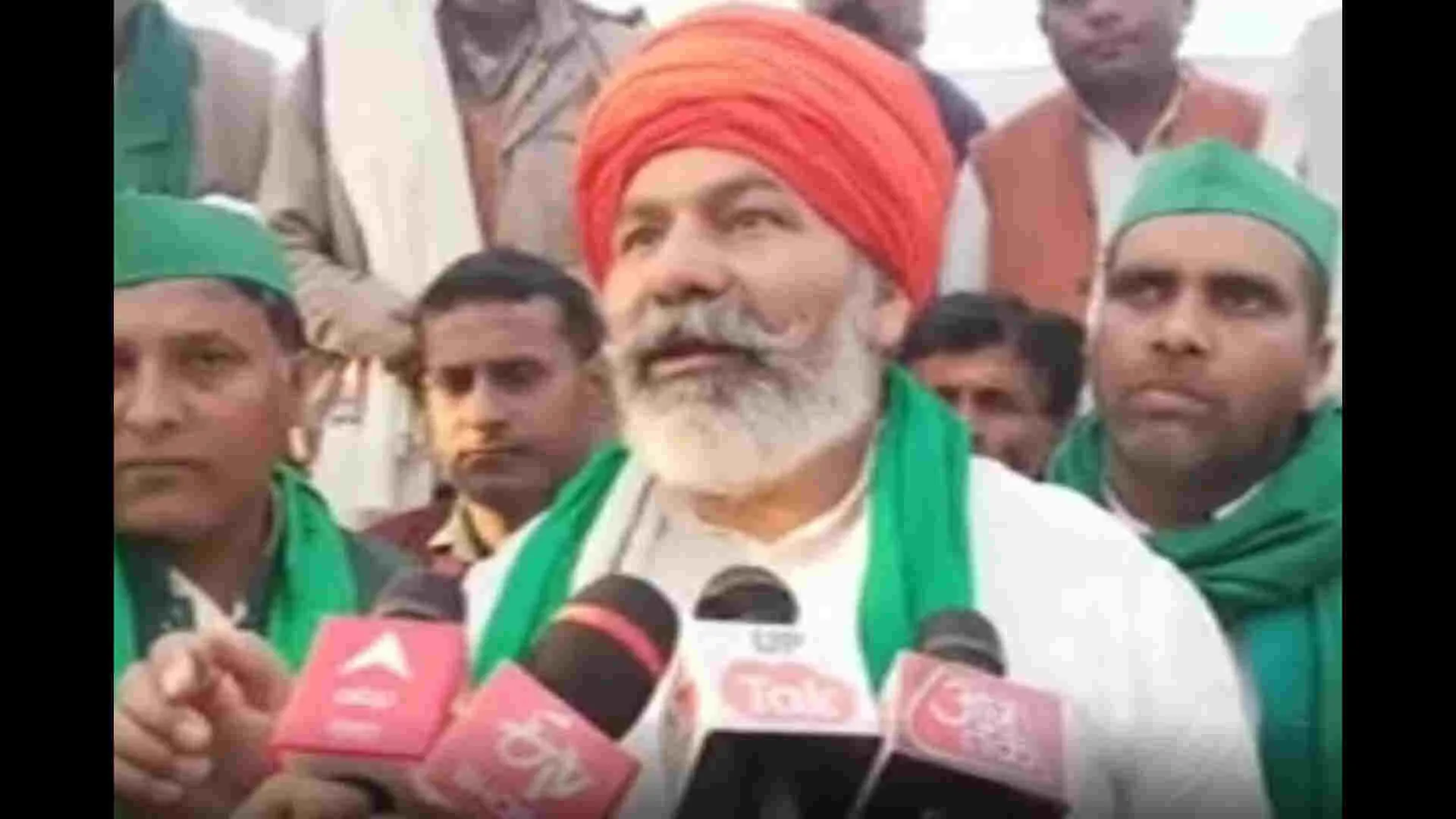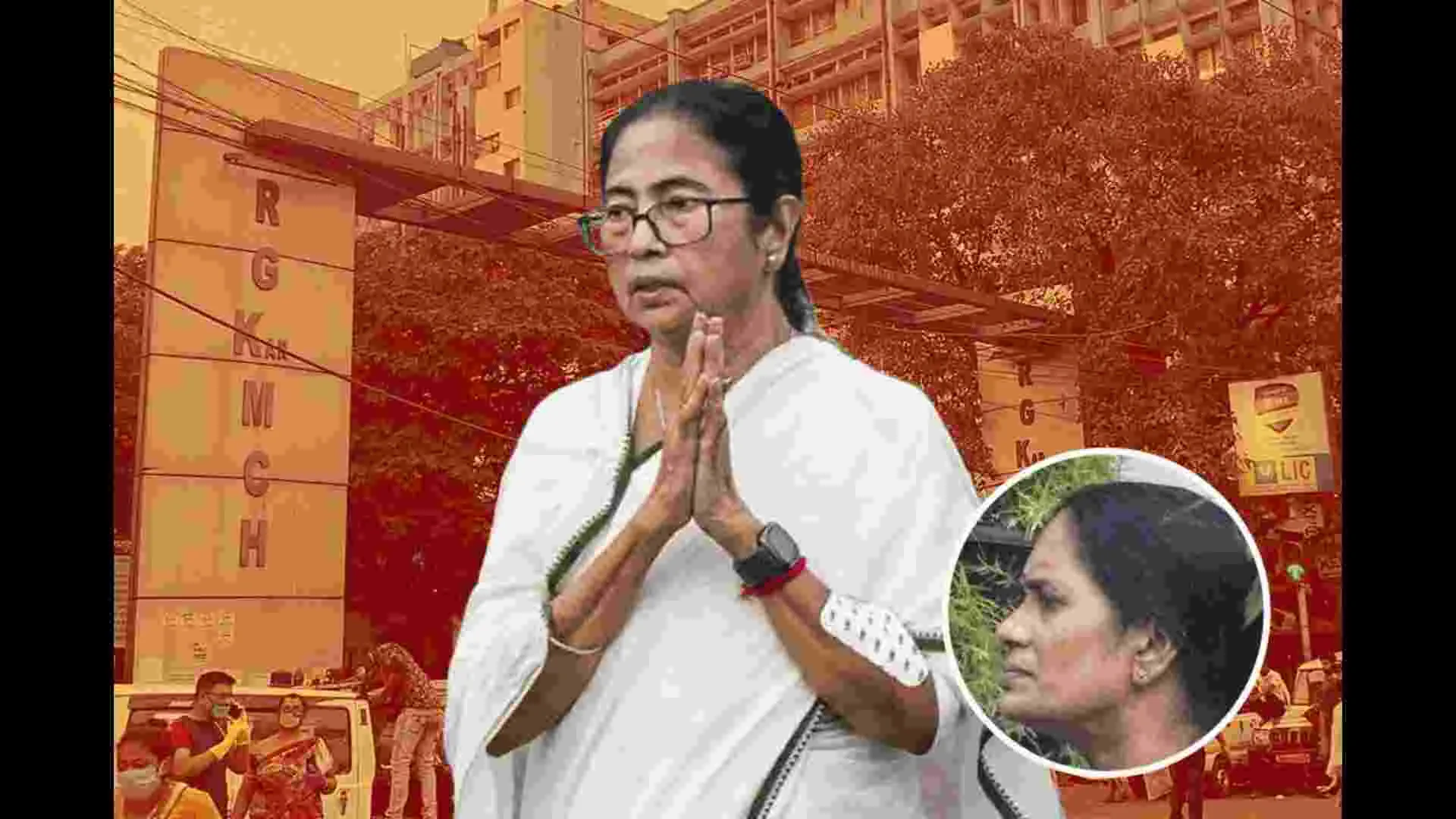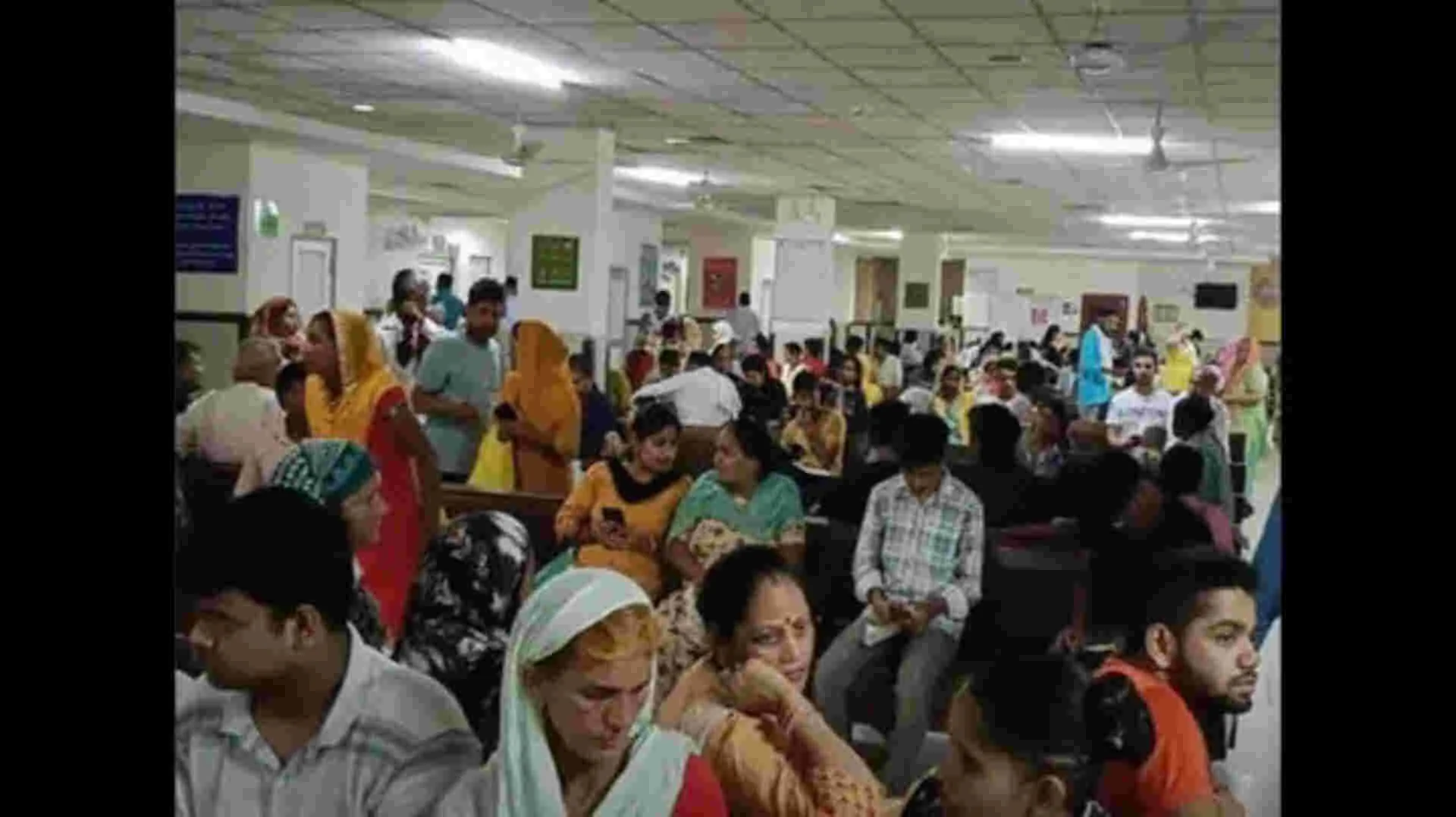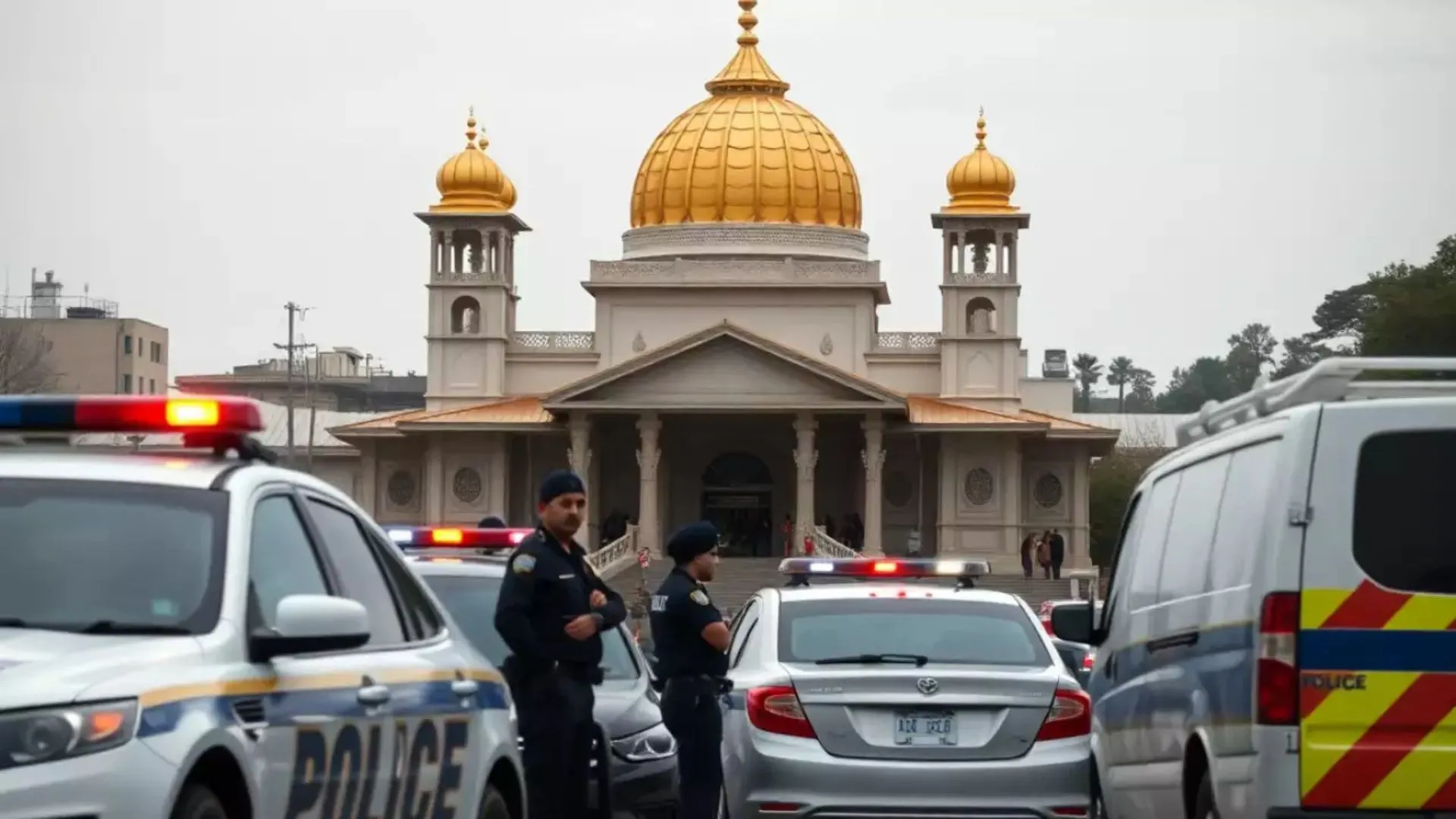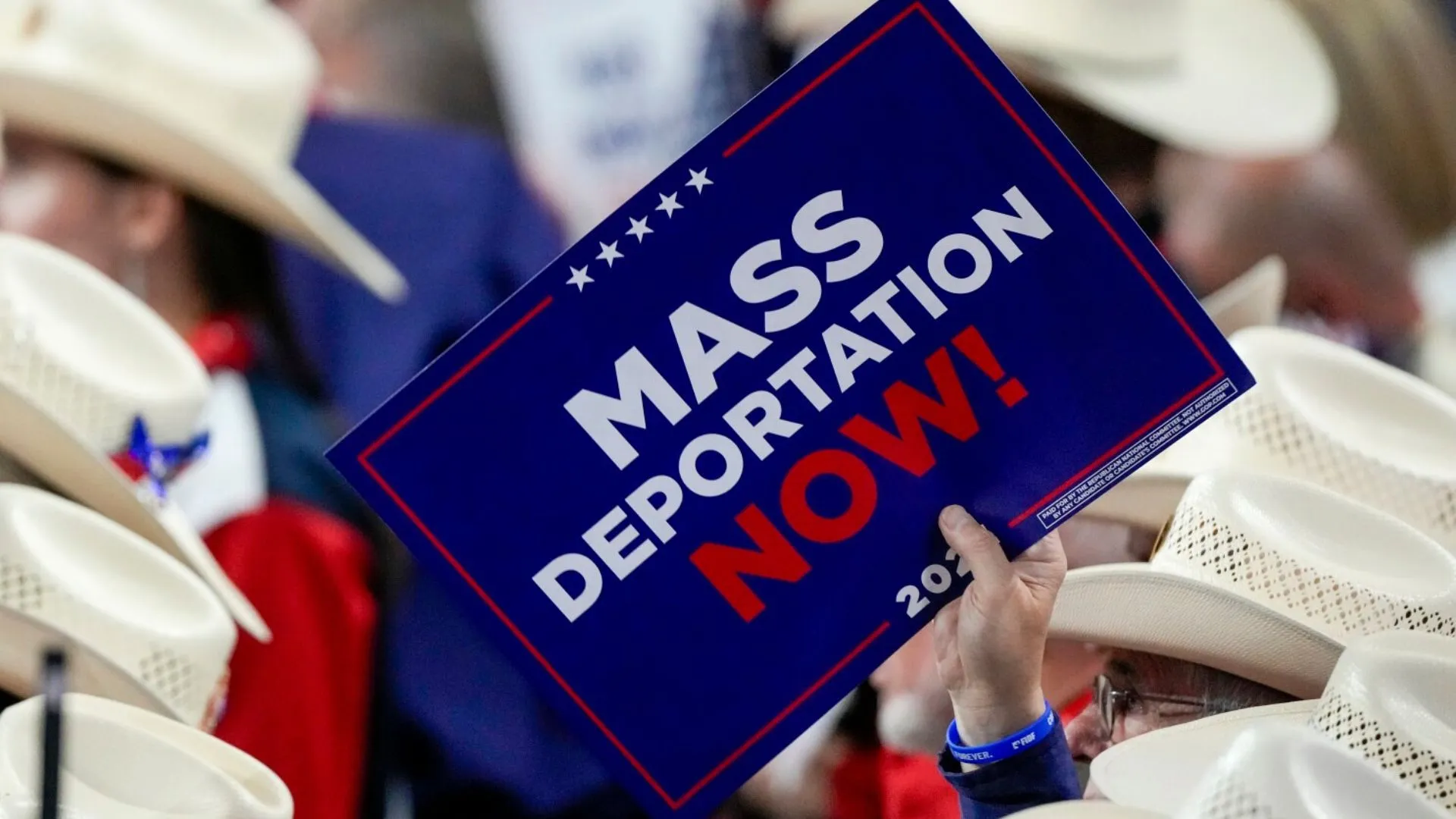Hearing on CAA is to be held in the Supreme Court on 9 April. Just before this, All India Muslim League has filed an affidavit in the Supreme Court. In which it demanded a ban on the Citizenship Amendment Act (CAA), 2019 and the Citizenship Amendment Rules 2024, arguing that there is no merit in the claim that the CAA provides protection to persecuted minorities of neighboring countries. This law harms the secular structure of the country, hence this law should be repealed.
The plea, presented before the hearing on April 9, said the CAA selectively excludes some neighboring countries and specific communities from its purview. It said only Hindus, Christians, Parsis, Sikhs and Jains from Pakistan, Afghanistan and Bangladesh are eligible for benefits under the CAA, provided they entered India before December 31, 2014.
Indian Muslim League also highlighted some points like CAA is silent on the persecuted Ahmadiyya, rationalists, atheist and agnostic communities in Pakistan. The CAA is silent on Rohingya, Tamil Hindus, Chinese Buddhists and Uyghur Muslims. In this way, the claims made in CAA are half-baked and tarnish India’s image in the world.
The petitioner questioned the core claim of the CAA, arguing that it does not provide citizenship benefits to persecuted minorities in a fair and non-discriminatory manner. The petitioner also highlighted that the CAA and its rules do not require applicants to prove that they have fled due to religious persecution, as no such test is prescribed.
Furthermore, the petitioner argued that the CAA allows dual citizenship, which violates the original Act and makes the rules ultra vires and arbitrary.
The petitioner claimed that interim relief is necessary, as a stay on the CAA and its rules would prevent irreparable harm, especially to children who could be granted citizenship under these rules and potentially if the law is found unconstitutional. May have to face statelessness.
Indian Union Muslim League is represented by senior advocate Kapil Sibal and advocate Haris Biran. Although the case is listed for April 9, it is unlikely to be heard on that day as the Chief Justice of India heads a separate 9-judge Constitution bench.

